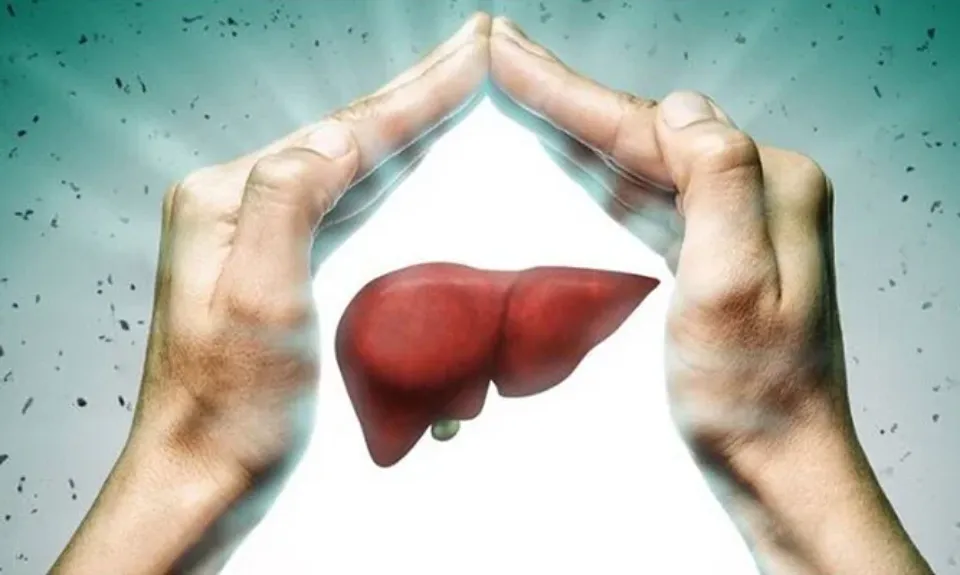You hear about how damaging alcohol is to the liver, but did you know that there are other habits that can also harm the liver? Your daily routine probably includes a number of bad habits that could put your liver at risk for injury. The liver performs more than 500 vital tasks, such as purifying the blood, getting rid of toxins, storing vitamins and minerals, and converting food into energy. Maintaining the health of your liver is crucial.
“Eating wholesome foods, keeping a healthy weight, exercising frequently, and, if you drink, doing so in moderation. You should also get tested for hepatitis B and C at regular checkups. Since these viruses can harm the liver, they are silent. Your body benefits from leading a healthy lifestyle. If you are eating oily, processed, or junk food, limit your intake; after all, these foods are not good for your health,” says Head of the hepatology division and the liver intensive care unit at Global Hospital, Dr. Ameet Mandot.
Here are a few behaviors that are bad for our livers.
Unprotected Sex
An increased risk of liver failure, liver damage, and even death can result from the viral infection hepatitis B. It is the primary contributor to both liver cancer and the majority of cancer-related fatalities worldwide. Sexual activity, giving birth, and direct blood contact are all ways that the hepatitis B virus (HBV) can be transmitted. One method to prevent acquiring hepatitis B is safe sex. Hepatitis B virus transmission is prevented by using protection. Additionally, it lessens the chance of HBV transmission.
Staying Indoors Often
Getting enough sunlight and fresh air has many advantages. For starters, it guards against serious liver damage. The synthesis of vitamin D is triggered by exposure to enough sunlight. Hepatic disease has been linked in studies to vitamin D deficiency. The relationship between vitamin D and liver disease may be causal or merely coincidental, but more research is still required to make this distinction. Consult your doctor about alternate methods of boosting vitamin D production if you are unable to get outside for your recommended daily dose of sunlight. Consuming foods high in vitamin D and taking dietary supplements are two popular alternatives.
Eating Junk Food
Trans fats are unhealthy for the liver and are frequently found in fast food, processed foods, and prepackaged foods. It may increase blood sugar levels and lead to the accumulation of fat deposits around the liver, which may ultimately result in cirrhosis or the death of liver cells. Your liver may suffer if you frequently eat out. Your liver is harmed by more than just drinking too much alcohol. NAFLD is the term used to describe this condition. Meal portions and sizes increase along with the amount of calories consumed. Obesity, which has a direct connection to liver disease, is brought on by overeating.
Being Overly Stressed
High cortisol levels are strongly correlated with stress and can seriously harm the liver. NAFLD (non-alcoholic fatty liver disease) is another consequence. Additionally, stress can result in unhealthy coping mechanisms like drinking alcohol, smoking cigarettes, and eating poorly, all of which have a negative impact on liver health. Increasing levels of psychological distress and a number of deaths brought on by various liver diseases, say several health experts, may be related.
Drinking Less Water
For everyone, drinking water is necessary. When dehydration sets in, any organ is vulnerable, whether it’s the liver, kidney, or lung. Drinking insufficient water can have negative effects on your health over time. The supply of macromolecules to various cells and the removal of waste products both depend on water. At least eight glasses of water should be consumed each day. Although it might seem like a lot, the average human body is composed of about 66% water. The liver becomes less resilient and unable to support the body as a whole when it becomes dehydrated.
Leading a Sedentary Lifestyle
Due to this way of living, there is a higher chance of getting a fatty liver, which can result in steatosis, a condition where the liver accumulates lipid and carbohydrate reserves. The likelihood of developing liver disease is higher in people who do not exercise or participate in physical activity. Exercise facilitates detoxification by expanding bodily pores and causing more perspiration. This benefits the liver in addition to aiding in the body’s detoxification.
Not Having Enough Sleep
Lack of sleep carries some dangers, such as liver oxidative damage. Numerous health problems, such as diabetes, obesity, heart disease, and more have been linked to sleep deprivation, including these.



